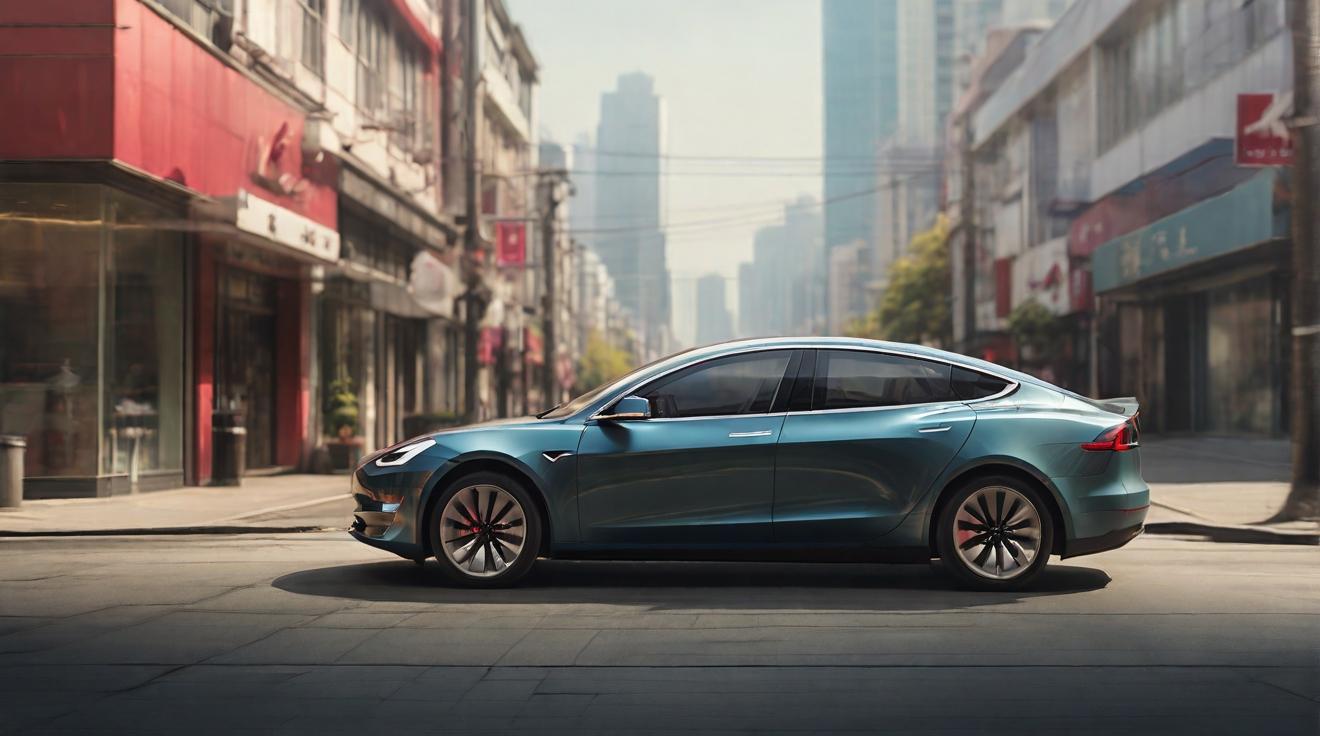Tesla Inc. Faces Challenges in South Korean EV Market
Tesla Inc. has experienced a significant setback in the South Korean electric vehicle (EV) market, selling just one vehicle in January. This marks the worst month for the company since July 2022 when no vehicles were sold at all. Several factors including safety concerns, high prices, and a lack of charging infrastructure have impacted demand for EVs in South Korea. Data from Seoul-based researcher Carisyou and the Korean trade ministry reveals that the number of new EVs registered in January fell 80% compared to December.
Slowdown in Enthusiasm for EVs in South Korea
Carmakers in South Korea are currently grappling with a slowdown in enthusiasm for EVs, as factors such as higher interest rates, inflation, and consumer spending constraints come into play. In addition, concerns over battery fires and a shortage of fast chargers have also dampened demand. Tesla’s January sales figures mark a significant shift for the brand, as its China-made Model Y was one of the top-performing EVs in the country last year.
Early Adopters Satisfied, Mass-Market Consumers Hold Back
According to Lee Hang-Koo, the head of the Jeonbuk Institute of Automotive Convergence Technology, many early adopters in South Korea have already purchased EVs, while mass-market consumers are not yet ready to make the switch. Tesla’s popularity has also been affected by its association with China, leading to consumer concerns about the quality of manufacturing. Lee stated that some Koreans are now hesitant to buy Tesla cars since they discovered that certain models are made in China.
Seasonal Swings in Demand and Subsidy Wait
Korea’s EV sales are also influenced by seasonal swings in demand. January is typically a slower month for vehicle purchases as consumers prefer to wait for the government’s announcement of subsidies. Lee explained that many people delay buying vehicles in January in anticipation of subsidies. In response to this trend, a spokesperson for Tesla in Korea cited consumers delaying their EV purchases until the confirmation of subsidies in a statement to Bloomberg News.
Subsidy Reduction and its Impact on Tesla
Tesla faces additional challenges in South Korea due to changes in government subsidy policies. In July 2023, the selling price of the Chinese-made Model Y was set below the threshold for full government subsidies. However, in the recently announced plan for 2024, the subsidy threshold has been lowered further, resulting in a reduction of the subsidy for Tesla’s Model Y by half.
Despite these obstacles, Tesla’s future in the South Korean EV market remains uncertain. The company will need to address concerns surrounding safety, charging infrastructure, and manufacturing quality to regain its foothold and appeal to both early adopters and mass-market consumers.
Analyst comment
Negative news.
As an analyst, Tesla’s challenges in the South Korean EV market are significant. The low sales in January reflect a slowdown in enthusiasm for EVs, driven by safety concerns, high prices, a lack of charging infrastructure, and consumer hesitations over Tesla’s association with China. Seasonal swings in demand and subsidy reductions also contribute to the market’s uncertainty. Tesla needs to address these issues and regain consumer trust to regain its position in the South Korean market.













